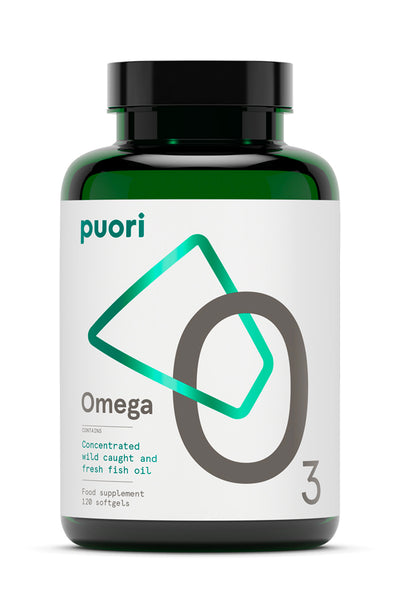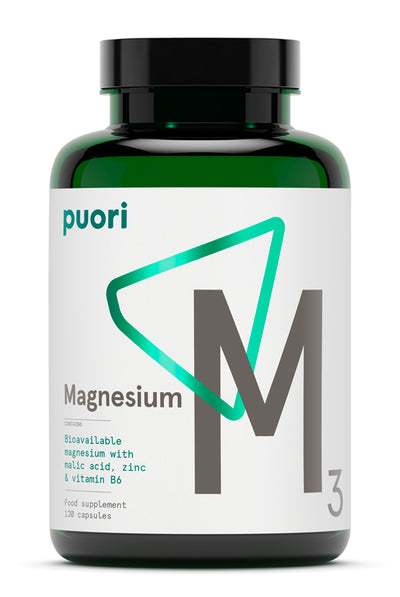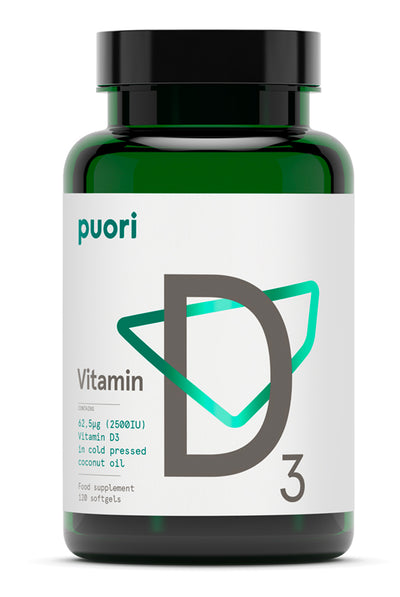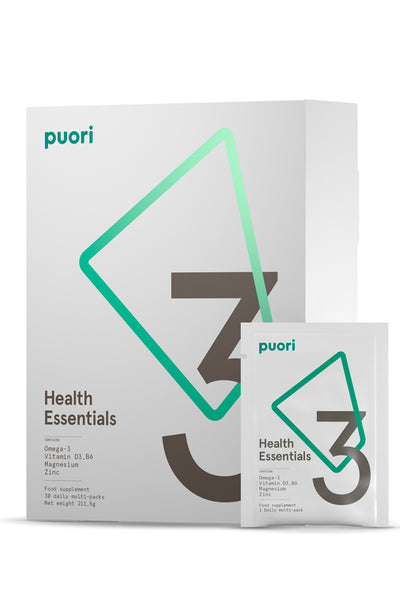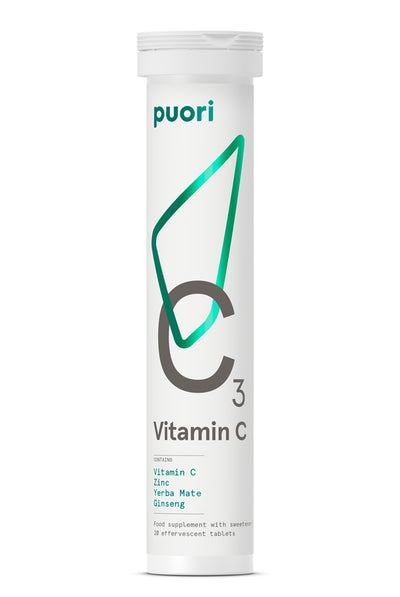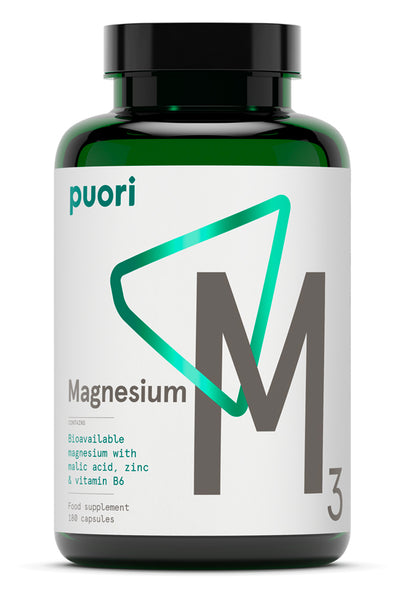puori ·
Understanding Vitamin D Deficiency and How to Boost Your Levels
Vitamin D deficiency is a common concern affecting many individuals worldwide, primarily due to lifestyle factors and limited exposure to sunlight. Here's a deeper look into why vitamin D deficiency occurs and practical steps you can take to ensure you have optimal levels of this essential nutrient.
Why Vitamin D Deficiency Happens:
Limited Sun Exposure: Our bodies produce vitamin D when exposed to sunlight. However, factors like spending most of our time indoors, living in areas with minimal sunlight, or consistently using sunscreen can reduce vitamin D synthesis.
Dietary Choices: Natural dietary sources of vitamin D are limited, with fatty fish, fortified dairy products, and cereals being primary sources. Vegetarians and vegans, as well as individuals with specific dietary restrictions, may struggle to obtain enough vitamin D through food alone.
Age and Skin Tone: Older adults have reduced skin ability to produce vitamin D, and individuals with darker skin tones require more sun exposure to synthesize adequate vitamin D compared to those with lighter skin tones.
Obesity: Vitamin D is fat-soluble and can get stored in adipose tissue, potentially reducing its availability in the bloodstream for individuals with obesity.

Tips to Boost Vitamin D Levels:
Sun Exposure: Aim for 10-30 minutes of sunlight exposure on your skin (without sunscreen) several times a week, particularly during midday. Factors like geographic location and skin tone influence the amount of sun exposure needed.
Include Vitamin D-Rich Foods: Incorporate foods high in vitamin D into your diet, such as fatty fish (salmon, mackerel), fortified dairy products (milk, yogurt), fortified plant-based milk alternatives (soy milk, almond milk), fortified cereals, and egg yolks.
Consider Supplements: If you struggle to obtain enough vitamin D from sunlight and diet alone, talk to your healthcare provider about taking a vitamin D supplement. The recommended daily allowance varies by age and can range from 400 IU to 800 IU or more.
Maintain a Healthy Weight: If overweight or obese, work towards achieving a healthy weight through balanced nutrition and regular physical activity. Excess body fat can impact vitamin D levels due to its storage in adipose tissue.
Monitor Your Levels: Periodically check your vitamin D levels through blood tests, especially if you're at higher risk of deficiency due to lifestyle factors or medical conditions.

By implementing these strategies, you can optimize your vitamin D levels and support overall health and well-being. Remember, it's essential to consult with a healthcare professional before starting any new supplement regimen or making significant changes to your diet or lifestyle. Taking proactive steps to address vitamin D deficiency can have a positive impact on your health and quality of life.


